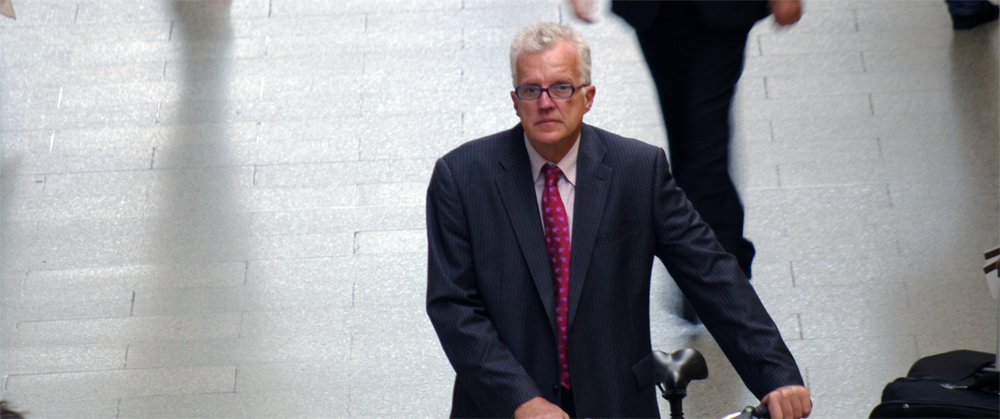British governments have never understood the value of railways to society. The gist of yesterday’s White Paper is that passengers, rather than taxpayers, will have to pay for any improvements to the system.
The ratio is about half and half, but by 2014, the Government expects the passengers to contribute three-quarters of the cost of running the railways.
Superficially, this appears logical. In response this week to complaints about rising fares from Passenger Focus, a Department for Transport spokesman said: “The reality is that 6 per cent of the population travels on railways. Why should people who don’t use the railways regularly fund people who do?” This type of statement shows a depth of ignorance about the purpose of the railways that borders on the economically illiterate.
There are several reasons why the railways are worth subsidising, the least of which is that people using the railways leave road space clearer for those who clog up the motorways. Railways have always been a generator of economic growth, and they have a far lighter touch on the environment than other modes.
The White Paper contains a shortlist of improvements at some of the worst pinchpoints, but it was really the least that ministers could offer without admitting they do not give a fig. The list of what is not happening is more significant.
There was nary a mention of Crossrail, though it may be given the go-ahead this autumn. Discussion of a high-speed line between London and Scotland has been ruled out for at least five years. Electrification is seen as an expensive side issue, despite the fact that we have one of the least electrified networks in Europe.
Ruth Kelly is trying to perpetuate the myth that it is feasible to reduce the subsidy going into the railways, while simultaneously increasing their use. As a vision, it simply does not add up. While it is commendable that the Government is trying – something which has been sadly lacking in the past – there is no real commitment to growing the railway. New Labour has consistently failed to address the structural problems that lie at the root of the excess expenditure.
The railway industry is a form of “pretend capitalism”, with the risk remaining with the public sector, but because Labour has consistently refused to alter the rules, we are stuck with a high-cost system where flexibility and innovation has been lost to retain the fig leaf that the industry is in private hands. It is all a very silly game for which passengers will be paying for many years to come.
